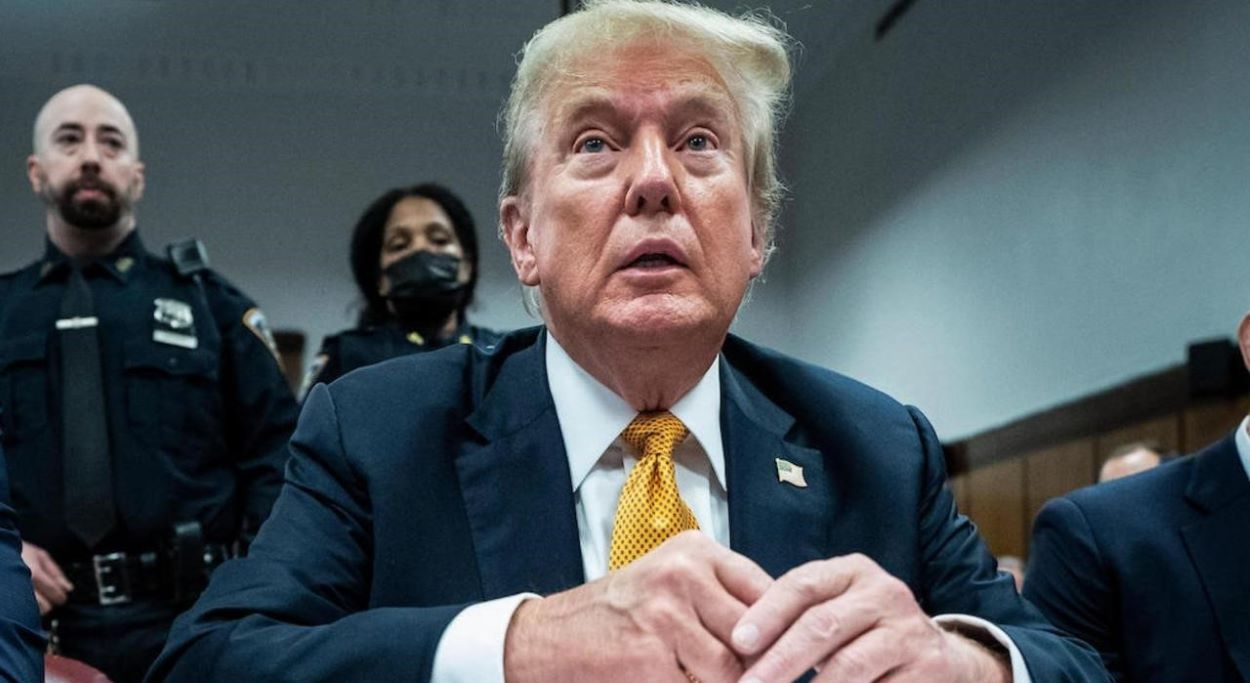Former President Donald Trump has been convicted on all 34 counts in his New York criminal trial related to hush money payments.
Following the verdict, Trump has become the first former US president to be convicted. The trial, lasting over six weeks, scrutinized allegations that Trump falsified business records to conceal a $130,000 payment to adult film actress Stormy Daniels before the 2016 election. After two days of deliberations, the jury has scheduled July 11 for sentencing. New York Supreme Court Justice Juan Merchan has allowed Trump to remain free without bail until then.
Throughout the trial, Trump criticized the proceedings, claiming even Mother Teresa could not have overcome such charges. He described the trial as rigged, pointing to broader issues he perceives in the country, including border security and election integrity. Despite the trial’s constraints on his campaigning, Trump noted his lead in polls had increased, suggesting public sympathy might sway in his favour.
Legal experts affirm that a conviction does not preclude Trump from running for or even winning the presidency again. Ilya Somin of George Mason University and Richard L. Hasen of UCLA have highlighted the constitutional leniency that allows even convicted individuals to assume the presidency, though serving from prison would present unprecedented challenges. Hasen also noted the possibility of Trump seeking a presidential pardon for himself if reelected, a scenario that could prompt Supreme Court intervention.






